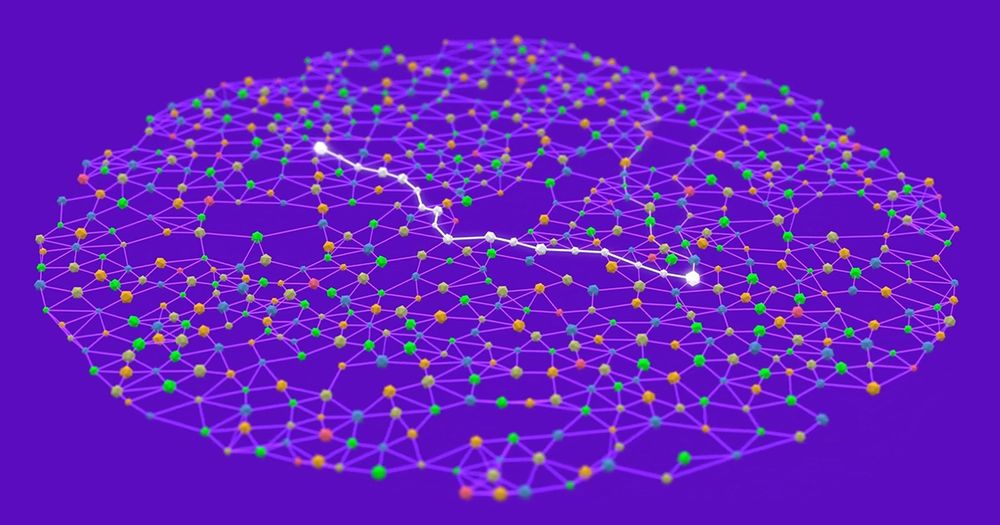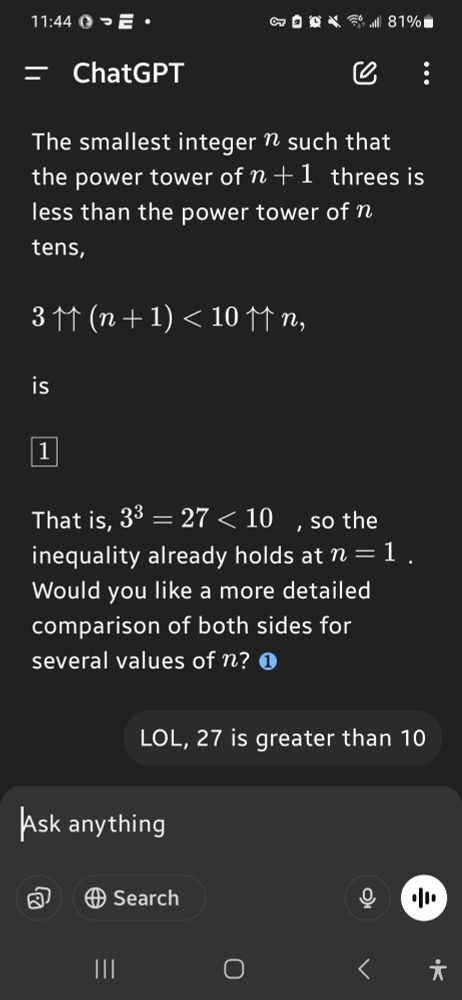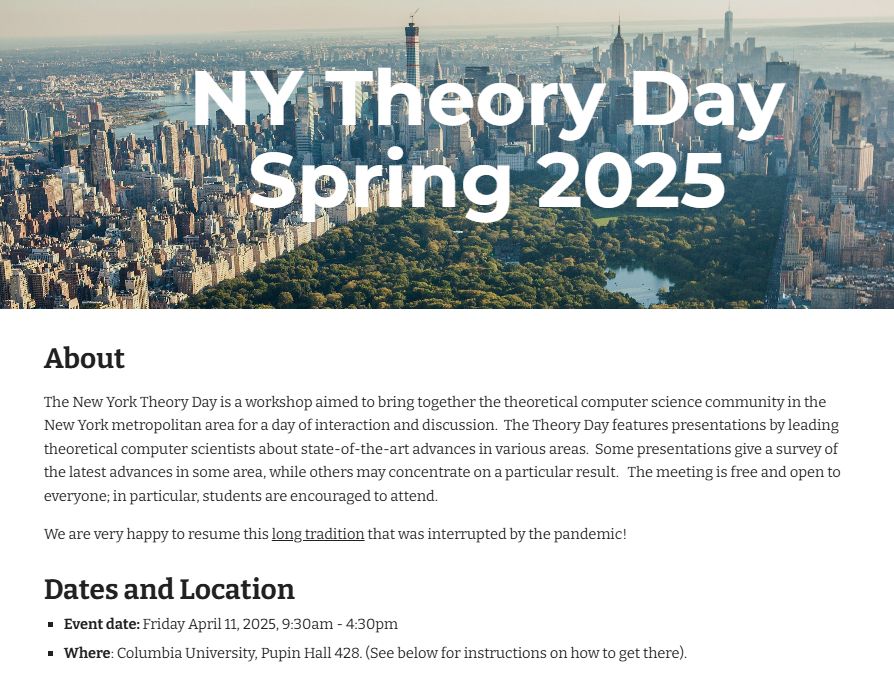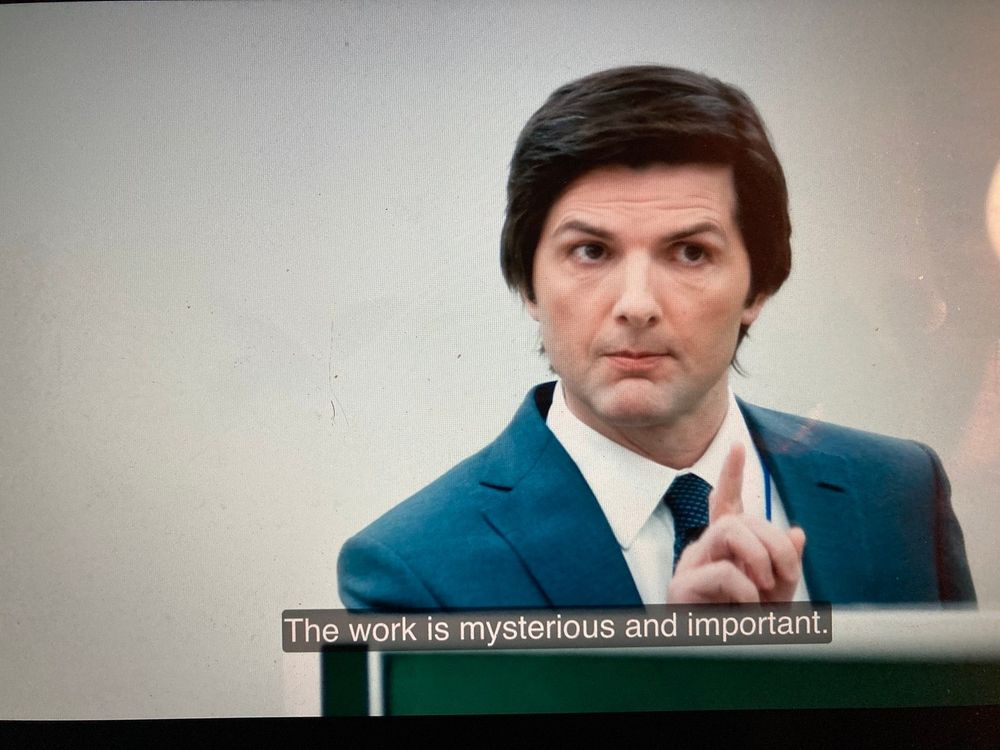i'll let you know when P != NP is proved (and when it's not)

www.youtube.com/watch?v=ThLv...

www.youtube.com/watch?v=ThLv...
"Read every paper that Adi Shamir has written."
I tried to follow this advice. At least I read the abstracts :)
1. Read, read, read. Back in the eighties, I read every cryptography paper out there. Once that became impossible, I read the abstract of every paper. Now I read at least every title.
"Read every paper that Adi Shamir has written."
I tried to follow this advice. At least I read the abstracts :)
1. Read, read, read. Back in the eighties, I read every cryptography paper out there. Once that became impossible, I read the abstract of every paper. Now I read at least every title.
1. Read, read, read. Back in the eighties, I read every cryptography paper out there. Once that became impossible, I read the abstract of every paper. Now I read at least every title.
search.app/wnEUo

search.app/wnEUo
arxiv.org/pdf/2507.104...
arxiv.org/pdf/2507.104...
cs.unibocconi.eu/call-nominat...
(Intent-to-nominate letters due by July 31.)
cs.unibocconi.eu/call-nominat...
(Intent-to-nominate letters due by July 31.)
Paper: doi.org/10.4007/anna...
Favorite Theorems Blog Post: blog.computationalco...
Paper: doi.org/10.4007/anna...
Favorite Theorems Blog Post: blog.computationalco...

See you tomorrow, 1pm ET! www.tcsplus.org/welcome/next...
See you tomorrow, 1pm ET! www.tcsplus.org/welcome/next...
Rachel Cummings (Columbia)
Bill Kuszmaul (CMU)
Nick Spooner (Cornell)
Ryan Williams (MIT)
sites.google.com/view/nyctheo...

Rachel Cummings (Columbia)
Bill Kuszmaul (CMU)
Nick Spooner (Cornell)
Ryan Williams (MIT)
sites.google.com/view/nyctheo...

The prize recognizes "major research accomplishments and contributions to the foundations of Computer Science over an extended period of time."
⏰ Deadline: March 31
www.sigact.org/prizes/knuth... #TCSSky
The prize recognizes "major research accomplishments and contributions to the foundations of Computer Science over an extended period of time."
⏰ Deadline: March 31
www.sigact.org/prizes/knuth... #TCSSky
Apply here:
stoc2025theoryfest.netlify.app
Deadline is March 9th, so act fast!
Apply here:
stoc2025theoryfest.netlify.app
Deadline is March 9th, so act fast!
Could someone send a link without the paywall?
I'd like to read about what else I said 😅
“It kind of shakes my world view,” says @rrwilliams.bsky.social. “I’m still just shocked it even exists.”
Unfortunately it's probably useless.
www.newscientist.com/article/2469...

Could someone send a link without the paywall?
I'd like to read about what else I said 😅
eccc.weizmann.ac.il/report/2025/...
eccc.weizmann.ac.il/report/2025/...
https://buff.ly/4i6G7Tz

https://buff.ly/4i6G7Tz


